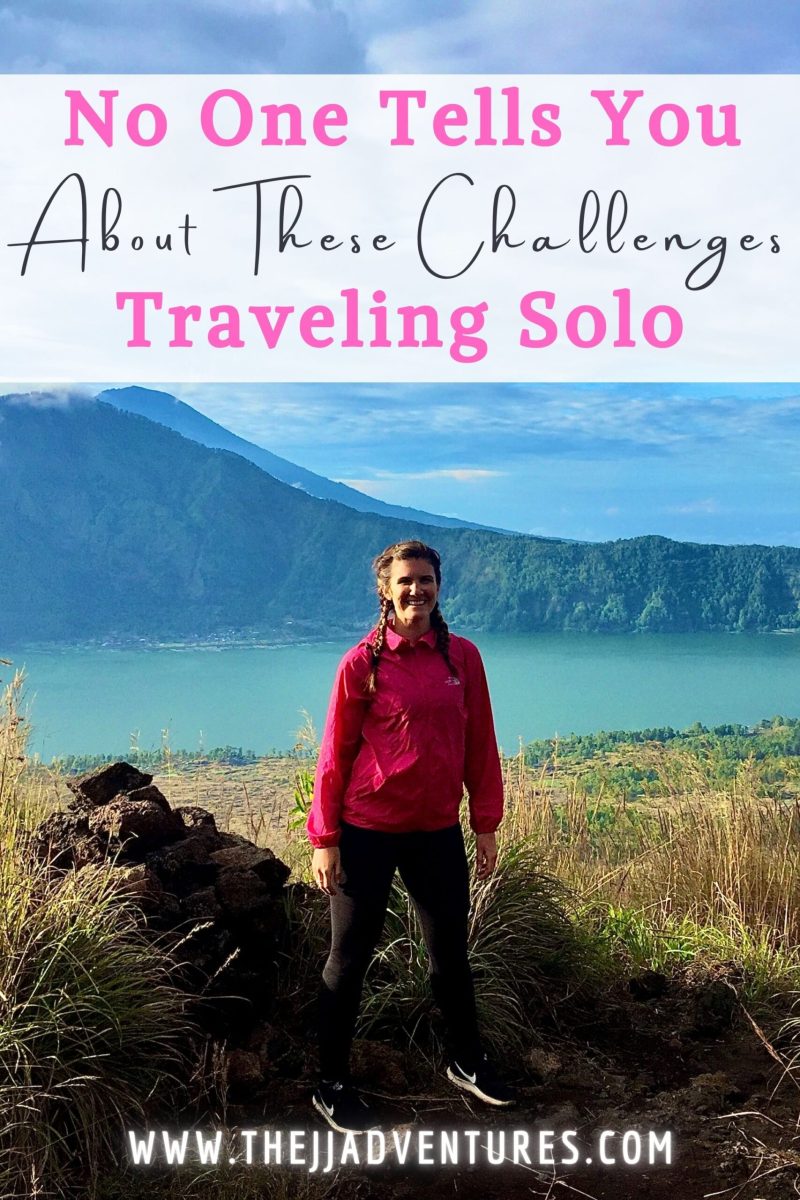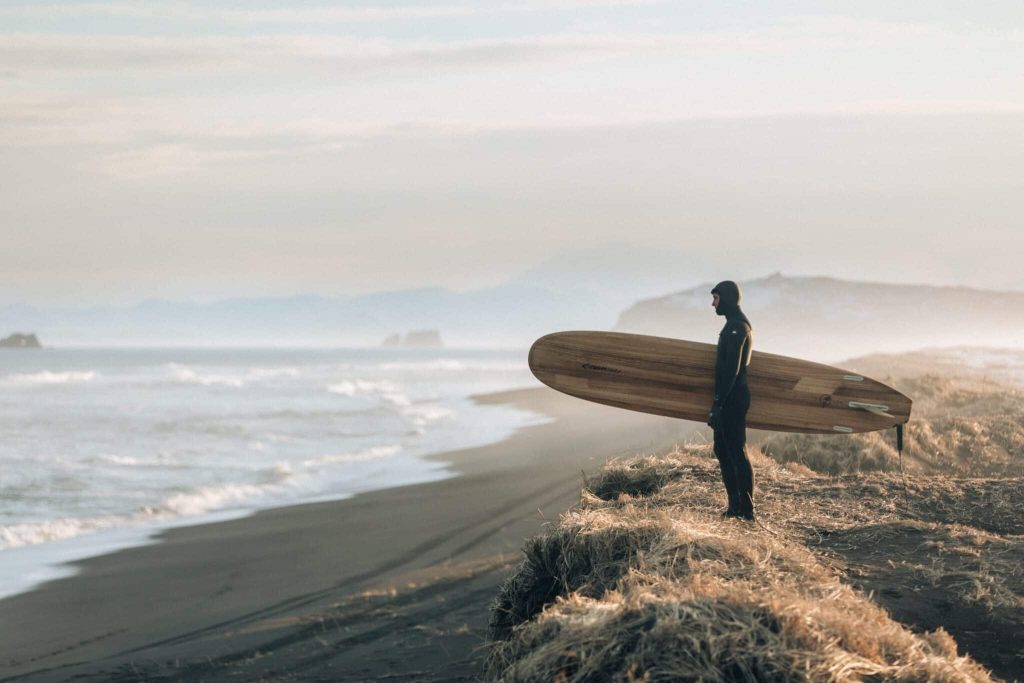

Dealing with the Psychological Challenges of Solo Adventures Outdoors is crucial for a positive experience. Imagine yourself venturing deep into the wilderness, surrounded by the breathtaking beauty of nature, yet feeling an unexpected sense of isolation and fear. This experience, though thrilling, can also be intensely challenging from a psychological perspective. A solo outdoor adventure offers a unique opportunity for self-discovery and personal growth, but it also presents a range of psychological hurdles. This article will delve into common psychological challenges, providing practical coping mechanisms and strategies for ensuring a safe, fulfilling, and enjoyable adventure.
Understanding the Psychological Landscape of Solo Adventures
The Allure and Anxiety of Solitude
Embarking on a solo outdoor adventure often beckons a unique allure. There’s a draw toward self-reliance and the chance to connect with oneself in a raw, untouched environment. However, the act of venturing into the unknown, completely alone, can also trigger anxiety, loneliness, and feelings of vulnerability. These emotions, when left unaddressed, can severely impact the overall experience and potentially lead to safety concerns. Acknowledging and understanding the psychological intricacies is the first step towards a successful and safe adventure.
Navigating Feelings of Loneliness and Isolation
The Power of Connection
One of the most challenging psychological aspects of solo outdoor expeditions is the inevitable feeling of loneliness or isolation. For many, the physical solitude can become a mental burden. The absence of familiar companionship can lead to feelings of unease, anxiety, and even depression. However, techniques like mindfulness, journaling, and engaging with nature can help alleviate these feelings and create a more fulfilling connection with oneself. Even simple acts, such as taking time to appreciate the surroundings or documenting the experiences in a journal, can be powerful tools in overcoming loneliness.
Managing Anxiety and Fear of the Unknown
Preparing for the Unexpected
The unpredictable nature of the outdoors, coupled with the responsibility for one’s safety and well-being when completely alone, can be a source of considerable anxiety. Situations like getting lost, encountering challenging weather, or facing unforeseen dangers can trigger fear responses. Practical strategies include comprehensive planning, including contingency plans and emergency communication methods. A strong understanding of the environment, detailed route information, and practicing essential outdoor skills can help alleviate anxieties surrounding the unknown.
Building Resilience for Setbacks and Disappointments
Staying Flexible and Adaptable
Unforeseen setbacks, unexpected challenges, and minor mishaps can easily throw a solo adventurer off course and trigger disappointment. The wilderness is unpredictable. A critical component of successful expeditions is embracing flexibility and adapting to changing circumstances. Developing a strong sense of resilience involves anticipating challenges, having backup plans, and understanding the importance of a proactive approach to solving problems. Practicing mindfulness and self-compassion during setbacks is also critical.
Maintaining Physical and Mental Well-being
Prioritizing Rest and Nutrition
The physical demands of extended solo outdoor adventures can lead to fatigue, injury, and even health concerns. Ensuring adequate rest, proper nutrition, and hydration is paramount for maintaining both physical and mental well-being. Carrying sufficient supplies, choosing appropriate clothing, and practicing good hygiene are vital for avoiding unforeseen health problems, and help to retain a positive outlook.
Seeking Support and Encouragement
Connecting with the Community
While solitude can offer personal growth, it’s important to acknowledge that human connection remains valuable. Connecting with fellow adventurers or creating a support system can offer encouragement, advice, and a sense of camaraderie. Many outdoor communities provide forums and groups for sharing experiences, seeking advice, and offering mutual support and encouragement.
Understanding and Addressing Underlying Issues
Recognizing Personal Triggers
It’s important to acknowledge that certain anxieties or triggers may stem from underlying personal issues unrelated to the outdoor environment. Addressing these underlying concerns is crucial for a positive and healthy solo experience. Seeking professional help, talking to a trusted friend or family member, or journaling can be effective ways to address these issues.
Conclusion
FAQs
Frequently Asked Questions
What are the most common psychological challenges during solo outdoor adventures?
Common psychological challenges during solo outdoor adventures include feelings of loneliness, anxiety about getting lost, fear of the unknown, isolation, dealing with physical discomfort and fatigue, and the pressure to “succeed” at the journey. These anxieties can stem from past experiences, personal insecurities, or simply a lack of preparedness. Often, a heightened awareness of these possibilities and the ability to quickly adapt to difficulties are crucial for keeping these anxieties from becoming overpowering.
How can I prepare myself mentally and emotionally for a solo outdoor adventure?
Preparing mentally and emotionally involves introspection, realistic planning, and building resilience. Start by honestly assessing your fears and anxieties concerning the trip. Develop coping strategies for dealing with setbacks, like a breakdown in communication with your support group. Research different approaches to help you navigate these possible challenges. Prepare in advance with an emergency plan and understand the potential for delays and changes in the weather. Ensure you have a detailed itinerary, appropriate gear, and emergency communication methods. Communicate your plans to someone you trust. This preparedness allows you to feel more in control and confident.
In conclusion, navigating the psychological hurdles of solo outdoor adventures requires a proactive approach. Understanding your emotional landscape, setting realistic expectations, and building resilience are key to transforming a potentially daunting experience into a deeply rewarding one. By acknowledging the potential challenges and arming yourself with coping mechanisms, you can enhance your self-awareness and create a fulfilling journey for yourself. Plan ahead, embrace flexibility, and discover the quiet strength within to truly thrive in solo outdoor adventures. Connect with fellow adventurers, either online or in person, for support and encouragement. Seek professional counseling if needed, to address any underlying anxieties or mental health concerns. The journey is yours; own it, embrace the challenges, and discover the true beauty of solitude amidst nature.